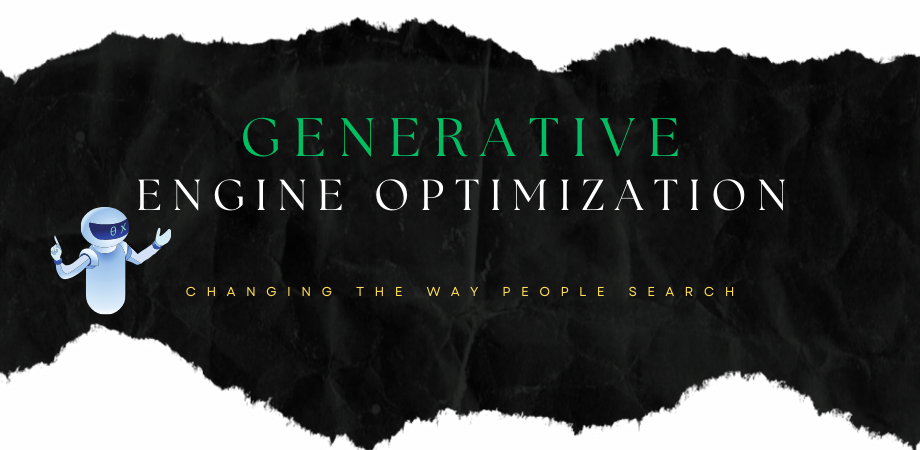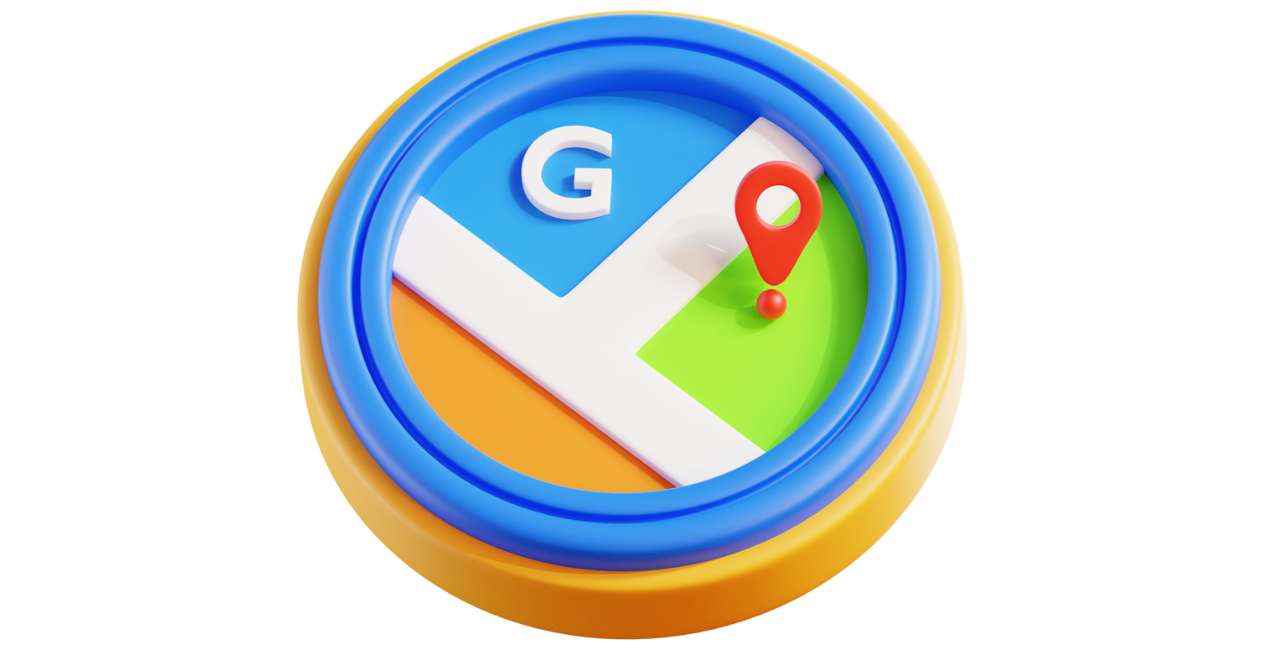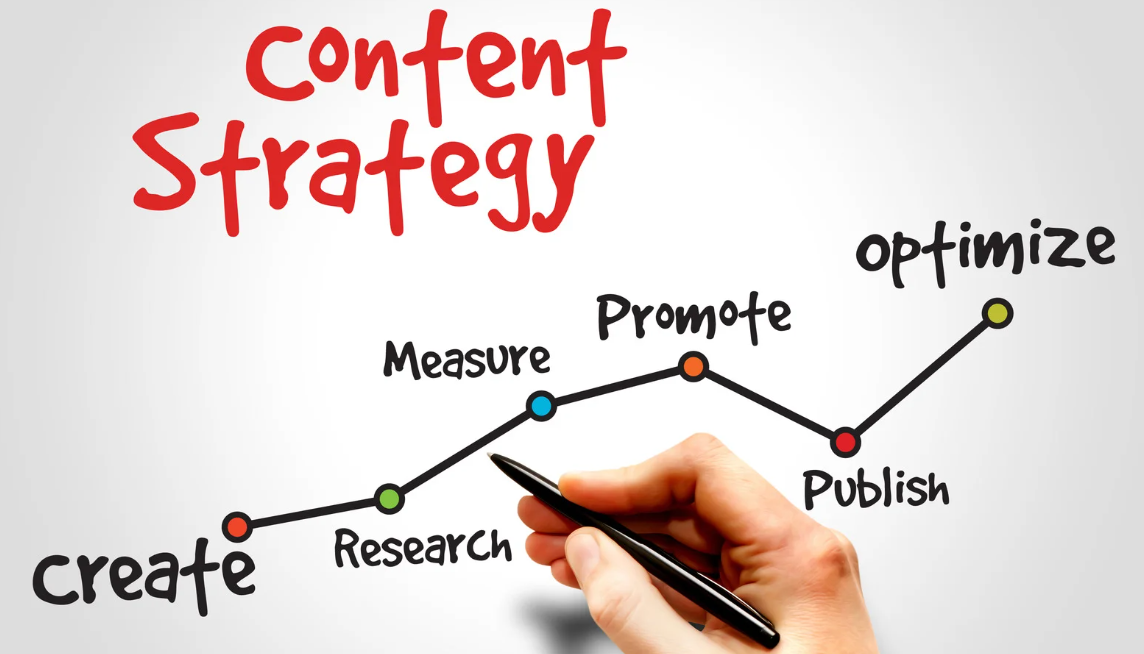CALL US TODAY! (404) 850-8333
The Future of B2B Marketing in a Cookieless World: Strategies and Solutions

The digital marketing world is standing at the brink of a feared digital transformation, especially for B2B advertisers. The impending disappearance of third-party cookies has sent waves of concern across industries, prompting marketers to rethink strategies and adapt to a new era of online advertising. This shift is especially pronounced in the B2B sector, where the stakes for precise targeting and personalization are high. But what does the future hold for digital advertising in this cookieless world?
Understanding the Impact
Third-party cookies have been instrumental in tracking user behavior across the web, facilitating targeted ads, and optimizing the online experience. Their phase-out, primarily due to growing privacy concerns and regulatory changes, poses a unique challenge for B2B marketers accustomed to leveraging these cookies for deep insights into their audience's preferences and behaviors.
However, this challenge also presents an unprecedented opportunity to pioneer more sustainable, privacy-centric marketing practices. The focus shifts towards strategies that respect user privacy while still reaching target audiences effectively.
Pioneering New Strategies
The key to thriving in a post-cookie landscape lies in innovation and adaptability. B2B marketers must explore and implement alternative methods for targeting and engaging their audiences. Here are several strategies poised to define the future of B2B marketing:
Enhancing First-Party and Zero-Party Data Use
First-party data, collected directly from interactions with your brand, and zero-party data, provided intentionally by customers, become invaluable assets. These data types offer rich insights without compromising user privacy.
- Interactive Content: Quizzes, polls, and preference centers can encourage users to share their needs and interests directly, enabling highly targeted content marketing strategies.
- CRM Integration: Leveraging Customer Relationship Management systems to segment and personalize outreach, enhancing lead nurturing processes.

Adopting New Technologies
Technological advancements offer new avenues for targeting without relying on invasive tracking methods.
- Account-Based Marketing (ABM): ABM allows for focused targeting of high-value accounts, using AI and machine learning for deeper insights.
- Contextual Advertising: Aligning ads with the content of the web page ensures relevance without infringing on privacy.
Leveraging Chat Solutions and Surveys
Live chats, chatbots, and AI-driven interactions not only enhance user experience but also collect valuable first-party data.
- Lead Qualification: Use chat functionalities to qualify leads and collect feedback through interactive surveys and polls, both on your website and social media platforms.
Content Personalization and Community Building
Tailoring content based on the gathered first and zero-party data can significantly increase engagement.
- Forums and Online Groups: Creating community spaces encourages direct interaction with and among your audience, fostering loyalty and trust.
Compliance and Transparency
Staying informed about and compliant with data privacy laws ensures your marketing practices respect regulatory standards and user expectations.
Navigating the Transition
Transitioning to a cookieless world requires a mindset shift among B2B marketers. It's about viewing this change not as a loss but as an opportunity to build deeper, more genuine relationships with your audience. By focusing on transparency, consent, and value delivery, marketers can devise strategies that not only comply with privacy regulations but also set new standards for effective B2B marketing.
The future of B2B marketing in a cookieless world is not the end of time. Instead, it's a new beginning that calls for innovation, adaptability, and a renewed focus on ethical marketing practices. By prioritizing privacy-centric strategies and leveraging technology wisely, B2B marketers can navigate this change successfully, ensuring their brands remain competitive and relevant to their targeted audiences.
In essence, the disappearance of third-party cookies marks the end of an era and the dawn of a new age in digital marketing. One where the value exchanged between businesses and their customers is based on trust, respect for privacy, and mutual benefit. The road ahead is paved with challenges, but for those willing to innovate and adapt, it's filled with potential.
LOCATIONS
CORPORATE OFFICE / MAILING ADDRESS
131 PROMINENCE CT. STE 210,
DAWSONVILLE, GA 30534
CUMMING SEO OFFICE:
410 PEACHTREE PARKWAY, BUILDING 400 SUITE 4245 CUMMING, GA 30041
Phone: 404-850-8333
ATLANTA SEO OFFICE:
1155 MT. VERNON HIGHWAY NE, SUITE 800,
ATLANTA, GA 30338
Phone: 678-820-7407
ALPHARETTA SEO OFFICE
5815 Windward Pkwy, Ste302
Alpharetta, GA.
Phone: 404-923-0015
Hilton Head Island Office
200 Professional Building
2 Corpus Christi Pl #200
Hilton Head Island, SC 29928
ALSO SERVICING:
QUICK LINKS
All Rights Reserved | Click Ready Marketing




